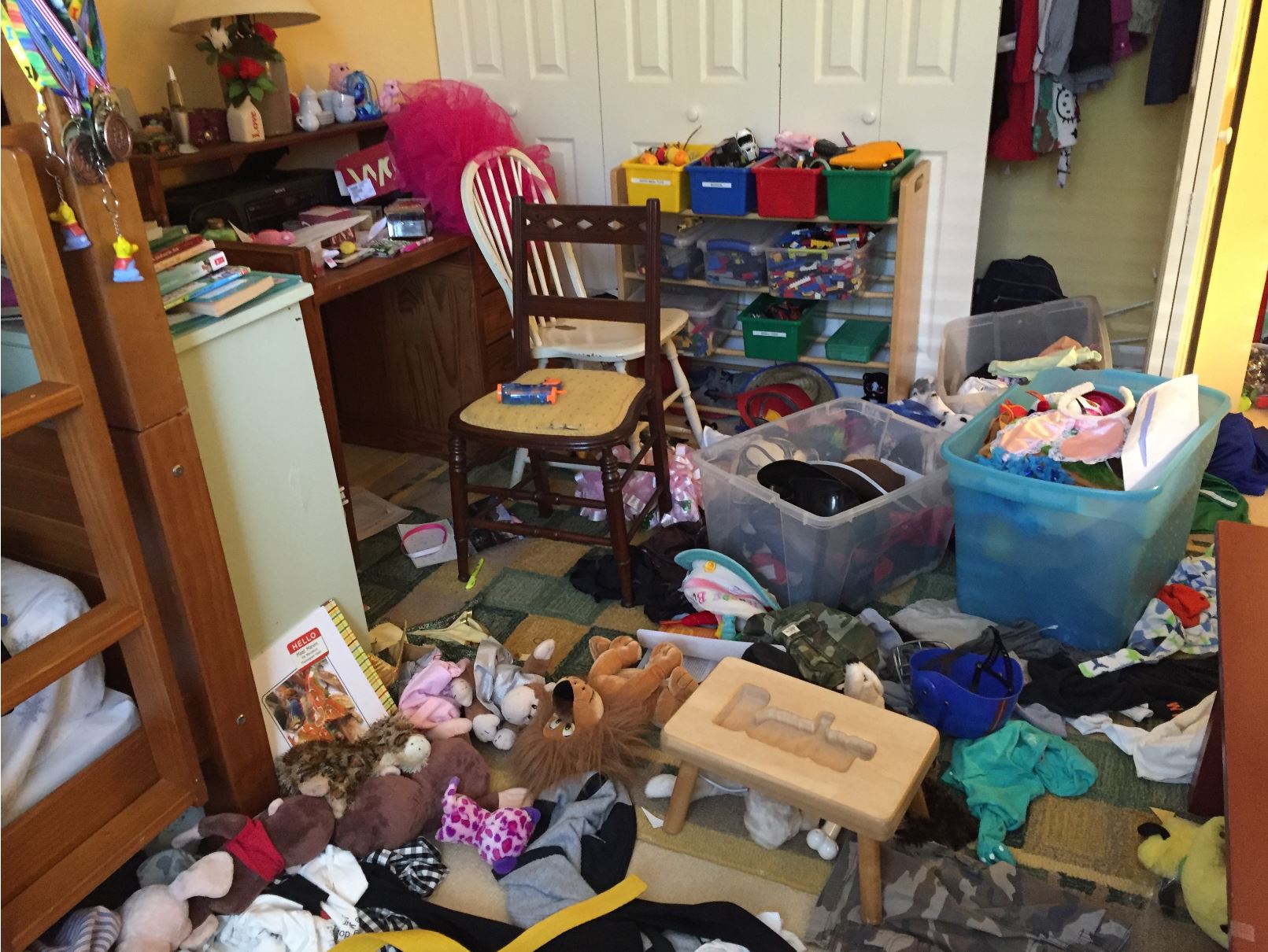A hoarder tenant can be challenging to manage. They are generally identified when property managers conduct property inspections on behalf of the landlord. It can be quite a stressful experience for all parties involved.
In this Market Insight, we highlight some points that can be adopted to protect your investment property without infringing the personal rights of your tenant.
Firstly it is important to acknowledge that hoarding is a type of mental disorder and should be dealt with delicately and with great respect.
Hoarding is deemed a mental disorder
According to Anxiety Australia, hoarding is a mental health disorder. A compulsive hoarder meets the definition of a disability. Hoarding is recognised as a mental disorder which substantially limits a person’s major life activities. For this reason dealing with a hoarder tenant requires empathy, but for many landlords this can be quite stressful if you are unaware of the health risks the tenant may be encountering.
How to deal with a hoarder tenant?
There are many things that can be done when dealing with a hoarder tenant, however all cases differ and dealing with it depends on their behavior. You can’t evict a tenant for being a compulsive hoarder, but you can consider other grounds for eviction. It comes down to your lease agreement, but here are a few potential reasons you can evict a tenant:
- Is the tenant damaging the property?
- Is the tenant storing dangerous goods, such as an explosive item?
- Are they housing livestock illegally or do they have pets that are illegal?
- Is the tenant blocking emergency exits?
Damaging the property may be the more common grounds for eviction for a compulsive hoarder. However there may be other actions that are grounds for an eviction.
As mentioned earlier, the situation is delicate. How do you distinguish an extremely messy person to a hoarder tenant? It is important that you engage a property manager when leasing out your property. They will have greater experience, an arms-length approach and have a better understanding of the laws protecting both landlords and tenants.
The property manager will document and record all of the events appropriately, but as a landlord, you could look to offer some help with commercial cleaning or offering counselling. If the tenant meets the criteria of being evicted, perhaps providing some form of notice so they can fix the property and find a new home to occupy. If the situation is difficult to manage through your property manager, perhaps consider engaging a lawyer. This may cost more money, but if the situation requires it, the last resort.
As property advisers, we source brand new and off-the-plan properties for buyers. Investors sometimes consider replacing a property manager and perform the role themselves to save on costs. When problematic situations like this occur, this is when you want an experienced professional on your side. We have great relationships with many property managers and would welcome the opportunity to introduce you to one. We also encourage you to read our article Is it worth replacing yourself as the property manager? It provides more insight into their valued service.
While we have taken care to ensure the information above is true and correct at the time of publication, changes in circumstances and legislation after the displayed date may impact the accuracy of this article. If you want to learn more, please contact us. We welcome the opportunity to assist you.
May 2020













